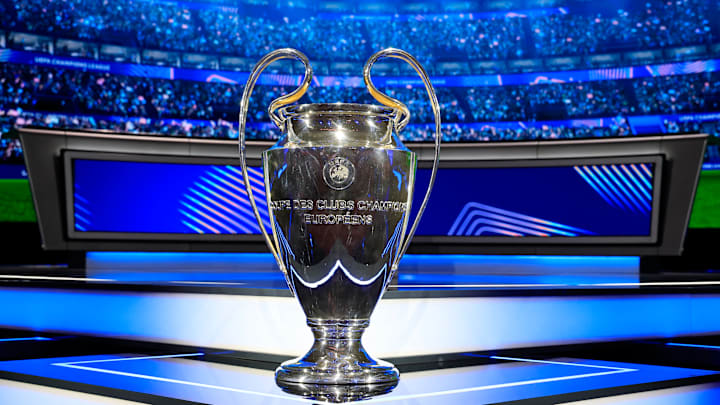I think Borussia Dortmund will fare just fine in the League Phase. The campaign will begin with a trip to Belgium to face off against Club Brugge. Last time the two clubs faced was 2020, with Dortmund winning both 3-0.
The second match is against Celtic, a Scottish club with rich history. I’m really looking forward to that one! Matchday three is when BVB travel to Real Madrid, and I fully expect Nuri Sahin's side to have won all six points by then. I think a draw in Madrid would be lucky. Next will be a match hosting Austrian side Sturm Graz, then a trip to Croatia to face Dinamo Zagreb. BVB will finish the year by hosting Barcelona. It’s difficult to speculate on this one since Barcelona has struggled recently but has worked a strong transfer window.
January will bring a trip to Bologna, a UCL newcomer coming off an impressive season in Italy’s Serie A. However, it’s worth noting that the club has seen significant turnover with key players like Joshua Zirkzee and manager Thiago Motta leaving. Finally, BVB host Ukraine’s Shaktar Donetsk on the final matchday.
The importance of finishing the League Phase campaign at home will not be lost on Borussia Dortmund, as they’ll likely be pushing for one of the top eight places, if not, top sixteen. If BVB manage to win all their home games with a draw against Barcelona, that’s ten points. I don’t expect anything from Real Madrid, but the other away matches are winnable. If they win two, or three of them, then Dortmund could find their point tally reaching the high teens, which should be enough for advancement. This is pure speculation, but doesn’t that make it exciting?
The new season has brought sweeping changes to the beloved UEFA Champions League and while there is much to excite, I still hold onto some skepticism as to whether or not this new format will create a more balanced competition, or devolve into a self-enriching tournament for Europe’s richest clubs. Time will tell.
